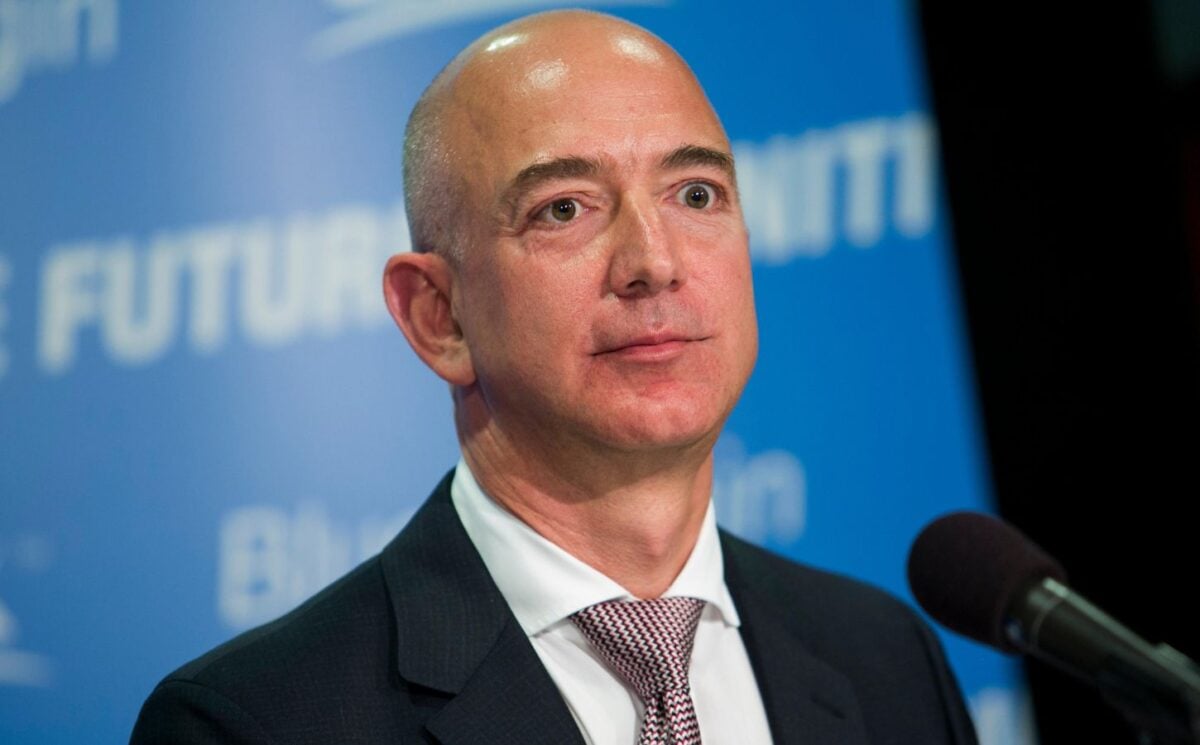Jeff Bezos just pledged an initial investment of USD $60 million through his Bezos Earth Fund to improve the quality and availability of alternative proteins like plant-based meat.
The billionaire Amazon founder established the Bezos Earth Fund in 2020 as part of a public commitment to tackle the ongoing climate crisis through philanthropy.
At the time, the Bezos Earth Fund pledged to distribute a total of $10 billion by the end of the decade via targeted grants and investments, with $1 billion going specifically toward food transformation. This new $60 million commitment is part of that initial pledge.
The investment will establish several Bezos Centers for Sustainable Protein focused on major technological barriers to the production of plant-based and cultivated meats, including reducing cost, increasing quality, and boosting nutritional content.
Bezos Earth Fund Vice Chair Lauren Sánchez made the announcement earlier this week, and highlighted an urgent need for innovation in making the global food system sustainable.
“We need to feed 10 billion people with healthy, sustainable food throughout this century while protecting our planet. We can do it, and it will require a ton of innovation,” said Sánchez. “Our world is poised for transformation, for a future not constrained by compromise. Solutions to our greatest challenges often come from the quiet persistence of those willing to question, reimagine, and innovate,” she added.
‘Our world is poised for transformation’

The planet is warming rapidly, and environmental experts predict that we are approaching the first of several critical tipping points that could spell environmental catastrophe.
Farming animals is responsible for around 16.5 percent of all greenhouse gas emissions (GHGs). It’s also the leading cause of environmental degradation and biodiversity loss.
Swapping traditional meat for sustainable alternatives is an effective way to cut back on environmental damage, and regardless of lifestyle, more and more people are purchasing and eating plant-based proteins regularly.
Flexitarians and meat-eaters drive plant-based growth, even more than vegans and vegetarians, and experts predict that the plant-based meat market will surpass $14.27 billion by 2030, an increase of over 13 percent from 2023.
Governments are also embracing alternative proteins, and both Germany and Denmark have announced huge investments in the promotion and production of plant-based foods in order to shift away from animal agriculture towards more sustainable means of food production.
However, while animal agriculture is a leading cause of pollution and environmental harm, it isn’t the only one. A report by Oxfam America found that the richest one percent of the global population (including Bezos himself) are responsible for 16 percent of global consumption emissions. It also found that the richest 10 percent are responsible for half of all emissions.
According to the Guardian, Bezos’s new superyacht alone – the largest sailing vessel in the world – emits at least 7,154 tonnes of CO2 emissions per year. (Americans average an already relatively high 20 tonnes per person compared to a global average of four tonnes.)






